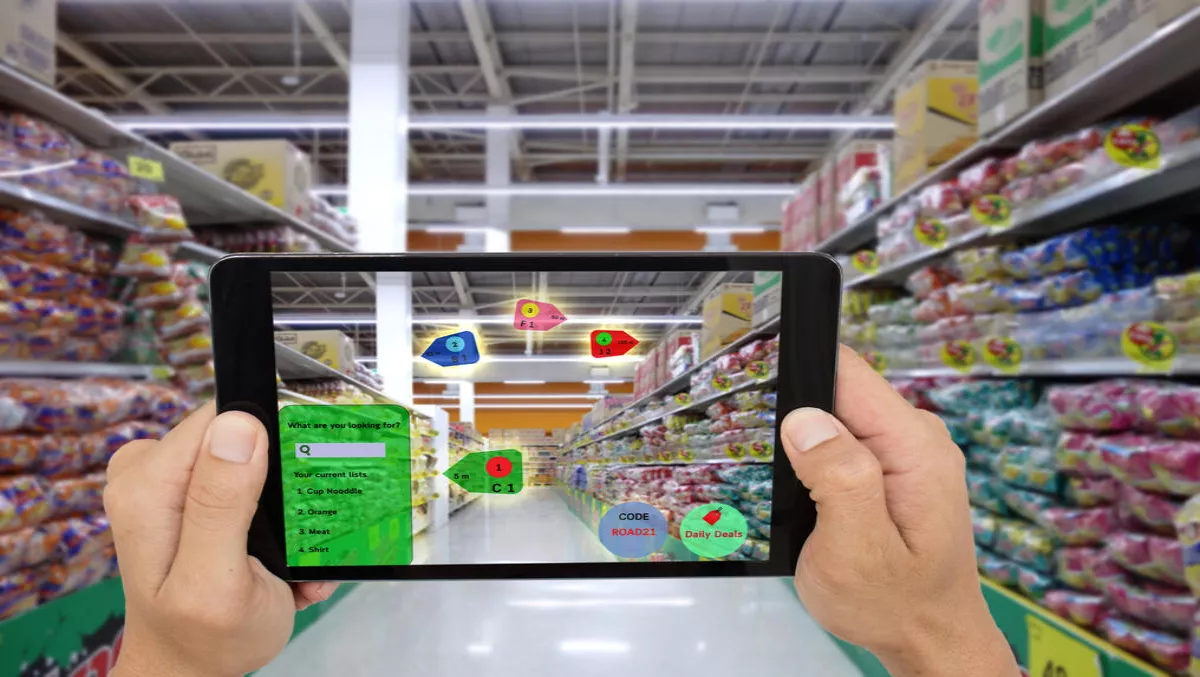
Enterprise is set to adopt smart home technologies by 2019
According to Gartner, Consumer and business spending on virtual personal assistant (VPA) enabled wireless speakers is forecast to reach US$3.52 billion by 2021.
Werner Goertz, Gartner research director says, "The market for VPA-enabled wireless speakers, such as the Amazon Echo and Google Home, is expanding rapidly with more vendors, device types and use cases.
"We expect a temporary slowing of growth in 2018, as other devices such as lighting systems, hubs and Wi-Fi mesh devices adopt VPA functionality, especially in connected home scenarios."
Beginning in 2019, third-generation VPA speaker products will start shipping with some artificial intelligence (AI) functions running on the device rather than in the cloud.
Gartner expects these AI-enabled VPA speakers to use edge-device, machine-learning capabilities to enhance latency, alleviate privacy and security issues and use bandwidth more efficiently.
Although the VPA speaker is currently thought of as a consumer device, Gartner predicts that in 2019, starting with the hospitality and remote healthcare industries, enterprise adoption will drive further market growth.
Ranjit Atwal, Gartner research director says, "In healthcare, remote diagnostics and elder care applications will be enabled by VPA speakers.
"The cost of hardware and services will, at least in part, be subsidised by healthcare ecosystem partners who are likely to gain substantial efficiencies, and encourage patient adoption."
"Specialist VPA speakers with custom-made hardware and software configurations will roll out in the retail sector in 2020 and beyond."
Atwal predicts that new self-service, voice-based shopping and payment experiences will be enabled, reducing friction in the bricks-and-mortar as well as in eCommerce shopping environments.
Goertz says, "Concurrent with the introduction of the Amazon Echo in 2014 were reports about personal devices 'snooping' on private conversations in the home.
"Understandably, consumers raised concerns about intrusions into private conversations."
"Gartner believes that by 2020, such concerns will have largely been mitigated through educational efforts, adoption by peers and regulatory approvals of the device category.
They believe that lingering concerns will be confined to a percentage of the market that is small enough to be insignificant.
This will encourage the uptake of smart-technologies in enterprise and business.


